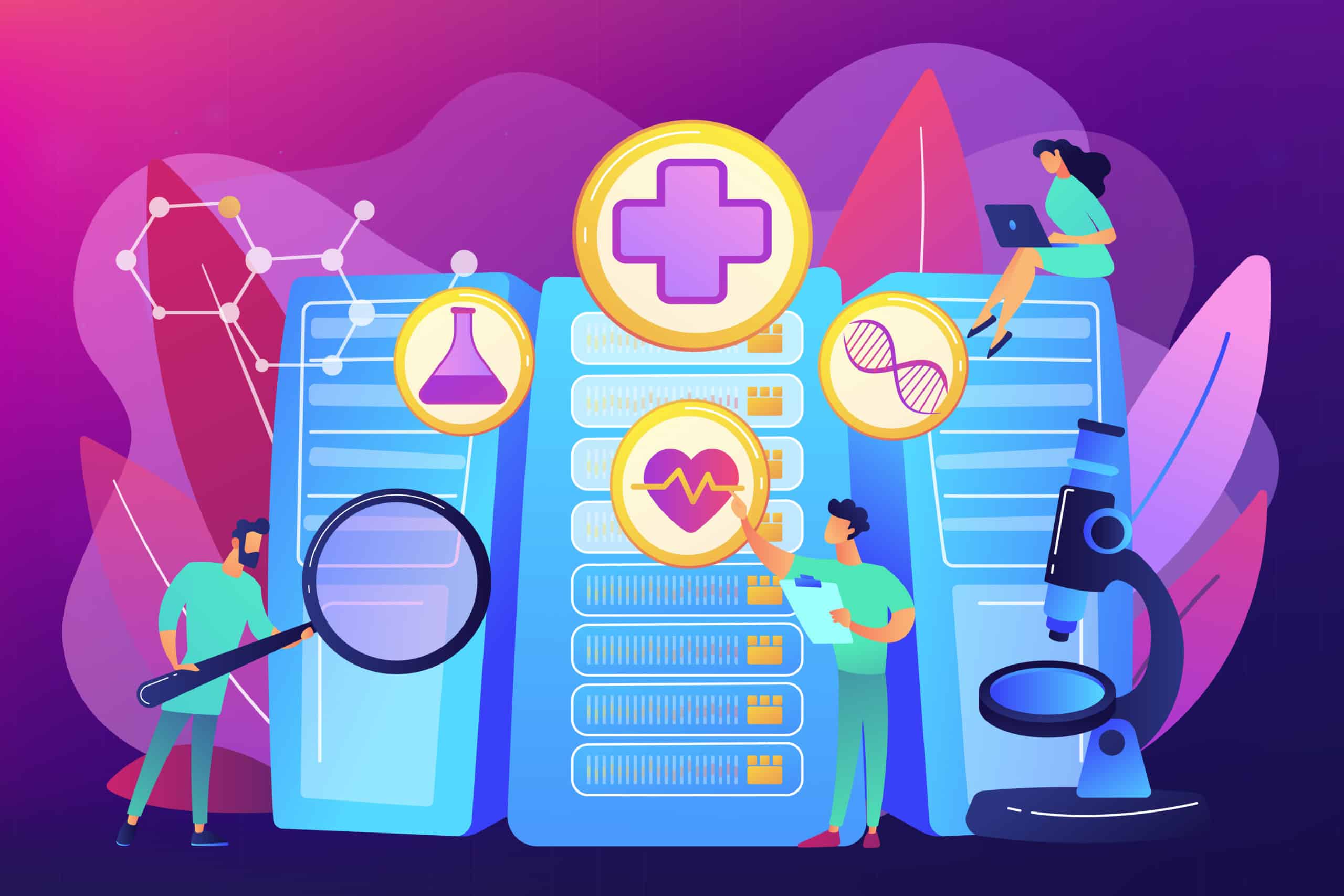In a recent blog, we looked at how the healthcare community is inundated with data due to the shift to value-based care. Analytics experts enable organizations to dramatically improve their quality of care by leveraging more value from data.
For example, their keen expertise allows providers to make high impact decisions affecting population health management. This can result in the availability of more proactive intervention and treatment. These experts can also help determine more exact costs for various services and offer specialized support to identify areas for improvement.
Investing in analytics tools and integrating the right experts can help your organization increase patient satisfaction, lower costs, gain visibility, and improve healthcare outcomes. The right tools can transform your data into actionable insights and can lead your team to make predictions and deliver high performance results in the ever-evolving world of healthcare.
Let’s look at the building momentum toward cultivating greater data share and investments.
Why invest in analytics
Analytics allow clinicians to enhance patient care, improve risk stratification, and gather data on non-clinical factors. Investing in experts and technologies and empowering them to put data into action can help your organization:
- gain improvements in patient outcomes
- reduce operational costs
- measure and track performance through key performance indicators (KPIs)
- make more precise diagnoses
- conduct better medical case reviews
By being able to combine, integrate, and analyze large volumes of patient data from disparate systems, providers can calibrate their focus on patient-centered care, streamline care coordination, and achieve cost savings.

Take for instance recent research that noted almost half of U.S. hospitals will get lower payments for all Medicare patients because of their history of readmitting patients. By employing data analytics to reduce readmissions, hospitals have the opportunity to lower costs, improve quality, and increase patient satisfaction. Similarly, using these analytics can promote increased medication adherence. This is essential to positive health outcomes, particularly for patients with chronic conditions.
So why now? The challenges are clear. Research has shown that “healthcare is increasingly challenged by entrenched inefficiencies, including wasting more than $2 trillion annually.” These inefficiencies are related to ineffective data gathering and application while patients’ expectations of their providers continue to rise. Patients have far more access to health information than ever before and are demanding accountability, governance, and oversight within the community.
Evolving with expectations
The healthcare industry continues to embrace technology solutions to maintain database systems and securely handle protected health information (PHI). This information not only needs to be entered and easily located in a massive stream of data but it also must be verified for accuracy and consistently updated by providers. Technologies such as practice management and EMR/EHR systems, patient portals, and clinical decision support tools all aid in improving cost control and in increasing the timeliness and accuracy of patient care.
The combination of these tools and technologies assists healthcare providers in their transition to value-based care. But patients also need accurate and up-to-date information to help them remain informed on their own health challenges.
Evolving with technologies, experts who can strategically manage them, and patients expectations today can kickstart organizations’ efforts to “eventually incorporate predictive analytics and enable organizations to see the future, create more personalized healthcare, allow dynamic fraud detection, and predict patient behavior.” With the right people who can use data – and who have a good command of it – are in place, they can “inform decisions that lead to actionable improvement.”
Such a feat begins with organizations having a vision that centers its ability to gather, share, and deliver data with the right tools and the right experts. It’s crucial that vision include how to refine these tools, allowing data-driven decisions to become the standard and “leading to more proactive, successful healthcare operations.”

Connecting with experts
Your organization is raising technology investments to a higher priority on its agenda. You may not have the talent in place who can make the moves necessary to enable a well-rounded data analytics strategy.
Enter Team Harmony.
We have a deep talent pool of data analytics experts who are primed to cultivate your organization’s ability to enhance productivity and improve healthcare outcomes.




